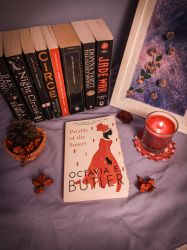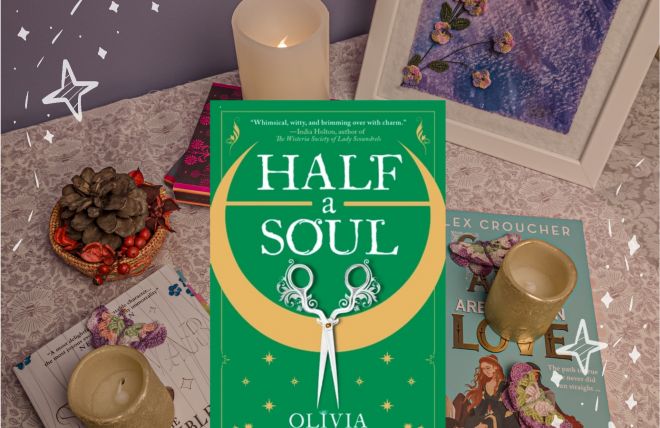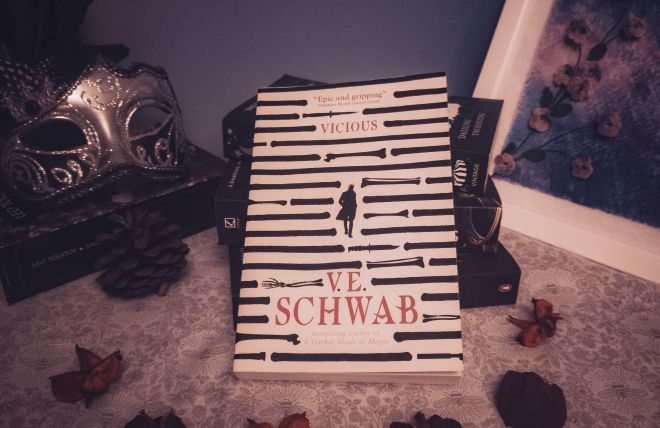America 2024. The climate is broken, politics are in chaos, and the people are suffering. Lauren Olamina, a girl with the power to feel the pain of others, is torn between the feeling that something bad will happen soon to her community and hope that there can be a better way of living in this broken world. But as the cruel world begins to increasingly affect her community, Lauren will need to make difficult decisions to ensure her survival.
Octavia E Butler provides an unsettling, prophetic treatise on a world where the climate is destroyed and society is corrupt. There are many points the author makes that resonate with our contemporary society, and it was a disquieting experience reading this novel at the turn of 2024. Butler created a deeply disturbing dystopian world, but as a result there are many difficult topics which are explored quite bluntly and can make the reading experience quite stressful.
Butler intricately explores themes such as community, identity and survival but by far the most prominent is her analysis on religion. This was quite intriguing to read about, focusing on how religion changes and adapts as society also goes through a significant transformation. I found it really compelling that as a product of living in a broken society that faces ample uncertainty, Lauren turns to finding a new religion and goes through an ideological shift in order to prepare herself better for survival. However, the idea of characters then following Lauren's new faith (especially when the protagonist herself is still figuring it out) did feel somewhat unrealistic to me.
Another aspect I like in Butler's novels is how perceptive her female protagonists are. I really enjoyed that despite her young age, Lauren was deeply concerned with the world around her and was thinking ahead by planning ways to survive in case something bad may eventually befall on her community.
In my opinion, the biggest weakness of the novel was the romantic development in the second half of the book. I personally found it uncomfortable to read about, and while that may have been the point, for me it was then quite difficult to follow the narrative in the latter half of the novel. Additionally, I feel like Lauren's hyperempathy and the characterisation of secondary characters were also sometimes lost in the second half.
Overall Parable of the Sower is an insightful read, ahead of its' time, which offered intriguing points about our world and existence as humanity but to me was not as well-realised as Kindred. Regardless, I enjoyed Butler's wordsmithing and there were many points in the book where I was lost in thought which I appreciate about her writing.
Below are some of my favourite Parable of the Sower quotes:
'All that you touch/ You change/ And all that you Change/ Changes you.'
'Belief- it initiates or guides action/ Or it does nothing.'
'Sometimes I write to keep from going crazy. There's a world of things I don't feel free to talk to anyone about.'
'People have changed the climate of the world. Now they are waiting for the old days to come back.'
'Sometimes naming a thing- giving it a name or discovering its' name- helps one begin to understand it.'
'Freedom is dangerous... but it's precious, too.'
'There is no end/ To what a living world/ Will demand of you.'
'Embrace diversity. Unite-/ Or be divided, / Robbed, / Ruled, / killed/ By those who see you as prey./ Embrace diversity/ Or be destroyed.'
'That's all anybody can do right now. Live. Hold out. Survive. I don't know whether good times are coming back again. But I know that won't matter if we don't survive these times.'


